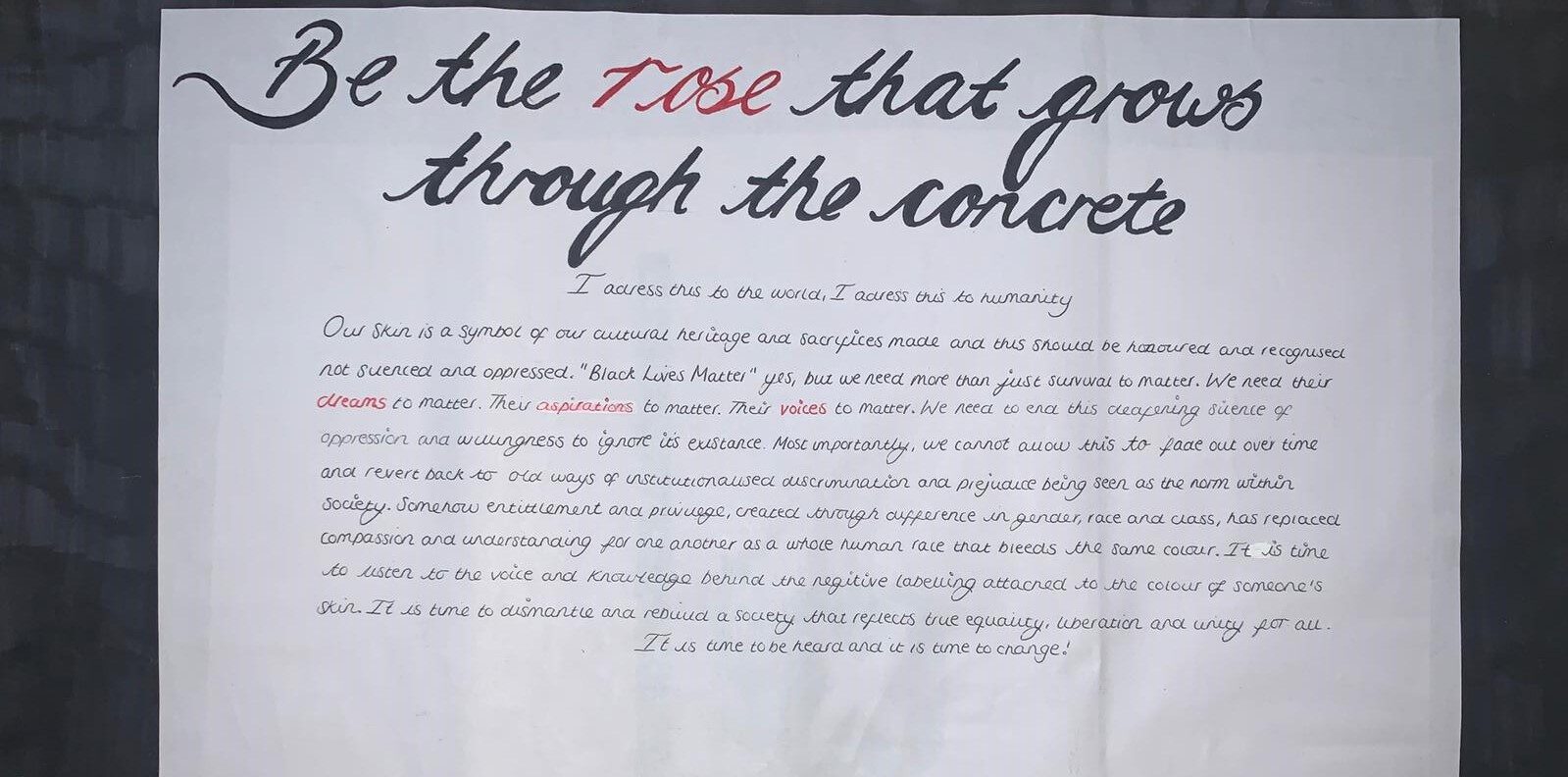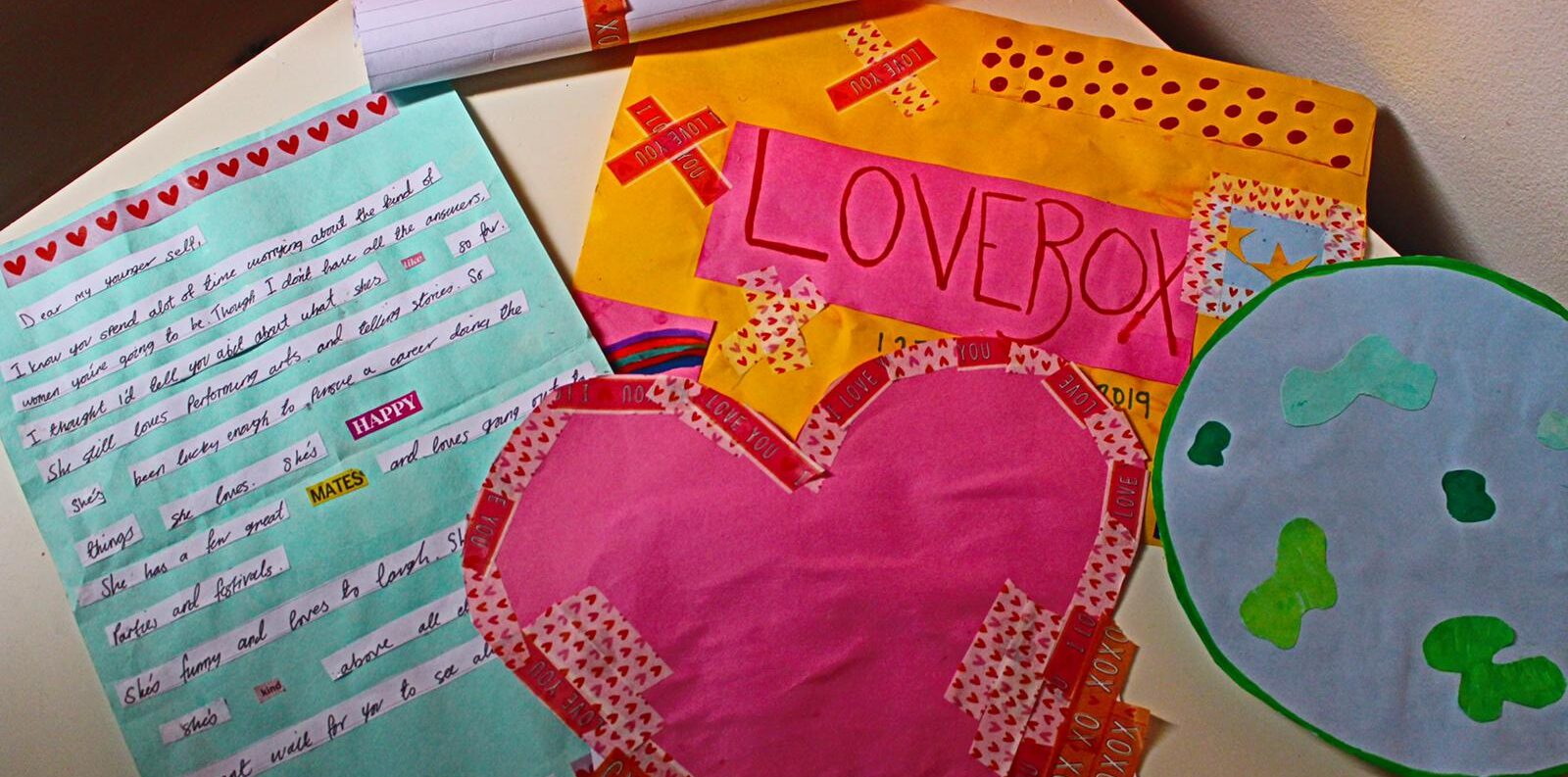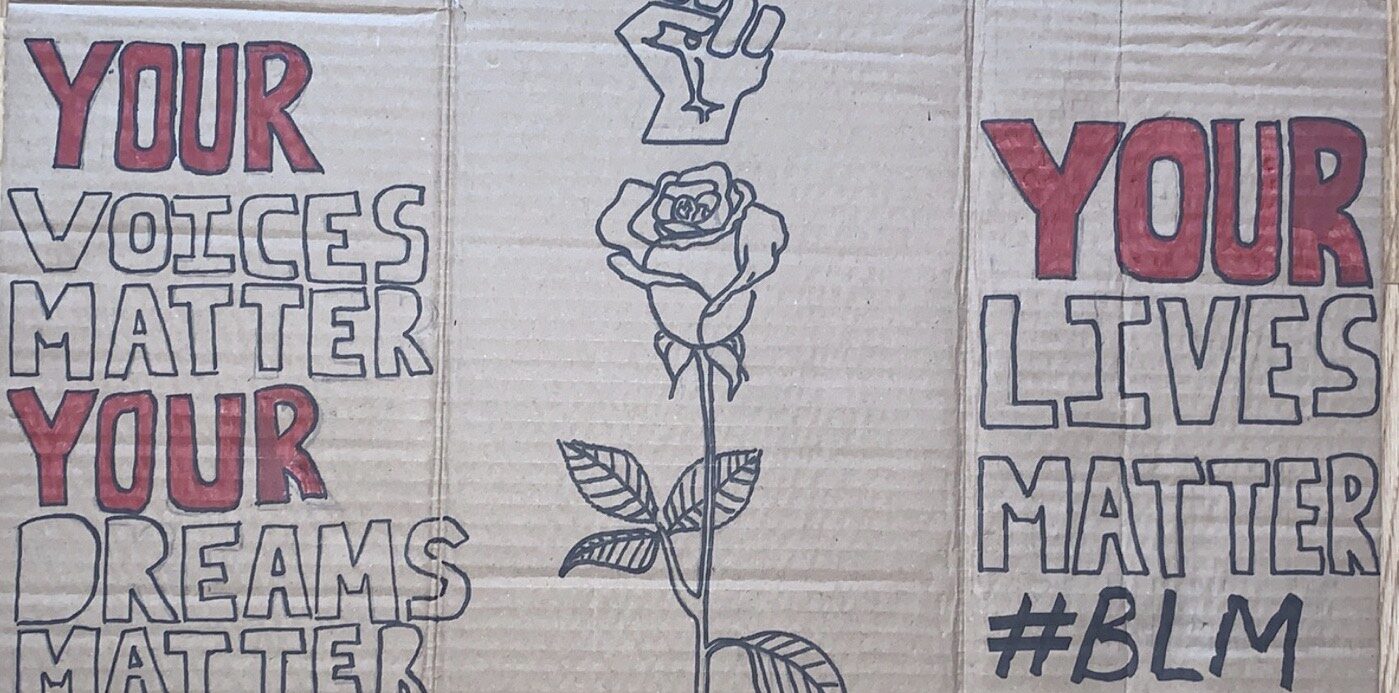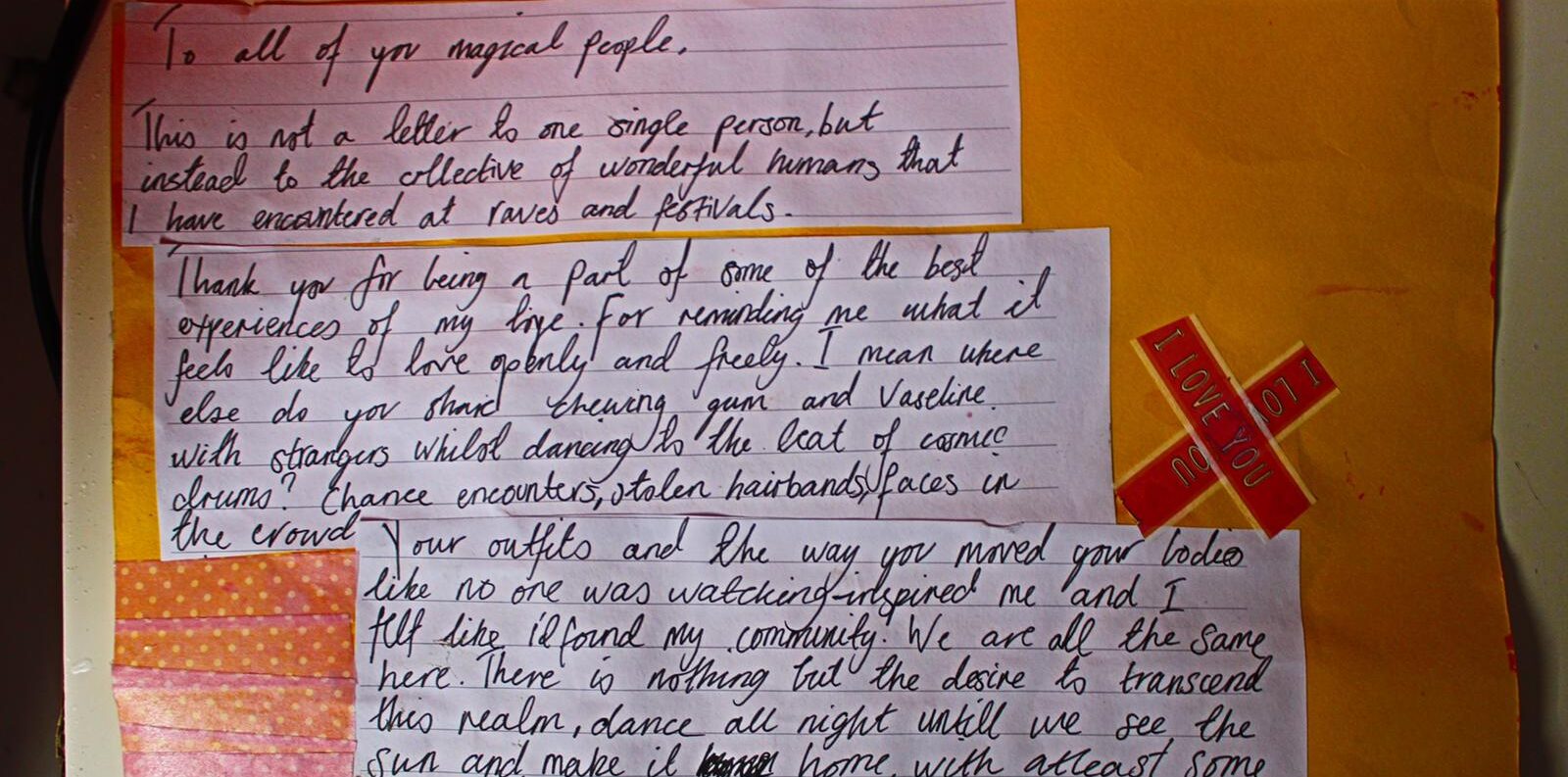‘Letters from Lockdown’, run by Yvonne Coppard, Writing Fellow with the Royal Literary Fund, was the first of our creative projects in the Voices Through Time: The Story of Care programme. Originally planned to run as a series of face-to-face letter-writing workshops, Covid-19 and lockdown resulted in plans being revised and the project being used as a way of easing isolation, supporting mental health and building resilience among a group of care-experienced young people.
Eight care-experienced young people aged 16-25 attended six creative workshop from May to June 2020. Each session involved a sharing of stories and images from the Foundling Hospital archive followed by some creative writing warm-up exercises and then a weekly letter-writing challenge including formal and informal examples for a variety of audiences.
Each week, there was also an opportunity to attend a more informal ‘meet up’ in between sessions to encourage participants, share ideas and support each other’s writing.
Each of the six weeks had its own theme. The themes across the six weeks were:
- Thanks, Love and Gratitude
- Message to the World
- You’re Not Alone
- We’re in This Together
- Tokens of Identity
- As soon as this is over,…
Writers were encouraged to present their letters creatively if they wished, using art, craft and poetry and the results were powerful and often very inventive.
Project Archivist Jo Blyghton selected images, information and stories from the Foundling Hospital archive to support the exploration of each week’s themes. When it came to selecting materials from the archive, Jo said:
I wanted to select archive materials that I hoped would encourage the participants to reflect on their own experiences of the care system and to consider connections between these experiences and those of the people in the past. I also hoped that the materials and resulting discussions would encourage the group to consider their own role in the Story of Care, and see themselves and the work they were creating now, as contributing to history and the continued story of care.
The conversations generated by the archive in each session were then used as a springboard for exploring the further overall themes of hope, solidarity and gratitude which were then developed and expressed in the participants’ letters.
Yvonne Coppard said:
The use of archive material was key to participants’ engagement with the letter-writing. The archive material became the highlight of each Tuesday session. I was surprised by how strongly the stories of the foundlings from so long ago resonated with contemporary experiences of being in care. The clips and images formed the basis of a discussion that was honest, direct and insightful, helping people to process their own care histories and share them with others in the group. Everyone was excited about being a continuation of this history; there was a real connection with it. Delving into the archive each week led naturally to expressing that connection through the letter challenges. The results were powerful.
Feedback from the sessions was positive with words such as ‘insightful’, ’inspiring’, ‘profound’ and ‘eye opening’ being used. Most of the young people had none or very little knowledge of the history of care before the project and reflected that it was part of their history. Over the course of the project they reflected on what has changed and what still needs changing. One young person said that the best thing about the project was:
Looking into the personal artefacts and understanding the emotions and individual journeys of those who have been a part of or entered the care system. Their stories were very inspirational.
You can see some of the letters from lockdown below.





